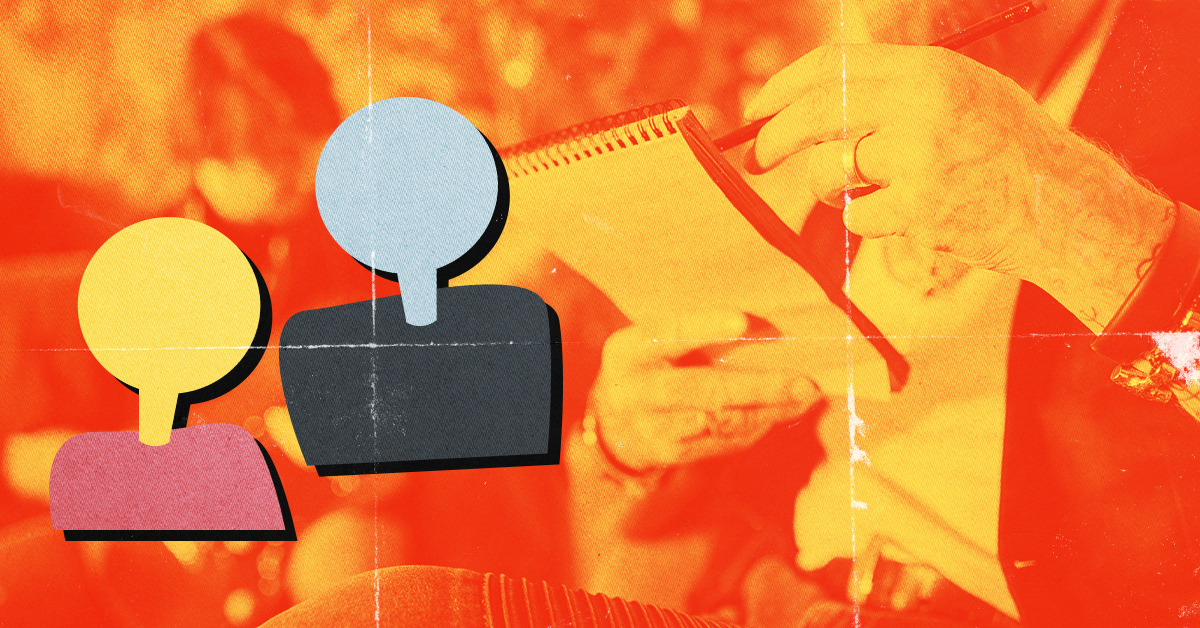Songwriting can often feel like a deeply personal, solitary process, but some of the greatest songs ever written have been the result of collaboration. From legendary duos like John Lennon and Paul McCartney to today’s chart-topping teams like Jack Antonoff and Taylor Swift, the power of co-writing has shaped the music industry.
For independent musicians, embracing collaboration can open new creative doors, refine skills, and expand industry connections. Whether you’re looking to write your next hit or simply improve your craft, working with other songwriters can be a game-changer.
The Benefits of Songwriting Collaboration
Diverse Perspectives & Fresh Ideas – No matter how talented a songwriter is, everyone has creative blind spots. Working with others introduces fresh perspectives and ideas that might not have surfaced alone. One songwriter may bring a unique storytelling ability, while another has a knack for infectious melodies.
Combining Strengths – Some songwriters excel in lyrics, while others have a natural talent for crafting melodies or producing arrangements. By collaborating, each songwriter can play to their strengths, resulting in a more polished and compelling song.
Accountability & Productivity – Writing alone can sometimes lead to creative blocks or procrastination. Having a co-writer creates a built-in accountability system, encouraging both parties to stay on track and finish songs more efficiently.
Expanding Your Network – Collaborating with different songwriters also means exposure to their networks. This can lead to new performance opportunities, industry connections, and even placement in songwriting communities or publishing deals.
Finding the Right Collaborators
Know Your Strengths & Weaknesses – Before searching for a collaborator, identify your strengths and areas where you could benefit from a partner. Are you great at lyrics but struggle with melody? Are you a strong instrumentalist but need help with lyrical depth? Understanding this will help you find the right match.
Networking Strategies – There are many ways to find potential songwriting partners. Attend local open mic nights, songwriter meetups, and industry networking events. Online platforms like SoundBetter, Kompoz, and even social media can connect musicians worldwide.
Vetting Potential Partners – A great collaborator isn’t just about talent. You should also consider traits like work ethic and chemistry. Before committing to writing together, have conversations about creative goals, musical direction, and professional expectations to ensure a good fit.
Effective Collaboration Strategies
Setting Expectations – Before jumping into the creative process, discuss key expectations. Who will handle which aspects of the song? What’s the end goal? Will the song be pitched to artists, or is it for a personal project? Having clarity upfront prevents misunderstandings later.
Communication & Conflict Resolution – Creative differences are inevitable. When disagreements arise, approach them with openness and flexibility. Rather than shutting down an idea, explore variations or compromises that satisfy both songwriters.
Protecting Your Work – Before releasing a collaboratively written song, formalize agreements about songwriting splits and ownership rights. Split sheets and copyright registration ensure that all contributors receive fair recognition and compensation.
Leveraging Technology – In the digital age, collaboration is no longer limited by geography. Cloud storage, shared DAWs (Digital Audio Workstations), and video conferencing allow songwriters to work together seamlessly, no matter where they are.
Success Stories: The Impact of Collaboration
Many iconic songwriting teams prove that collaboration leads to magic. These duos and teams prove you don’t need to do it all alone:
John Lennon & Paul McCartney – The driving force behind The Beatles’ iconic catalog, blending catchy melodies with thought-provoking lyrics.
Elton John & Bernie Taupin – A long-standing partnership where Taupin crafts the lyrics, and John composes the music.
Dr. Dre & Snoop Dogg – A powerful collaboration that shaped the sound of West Coast hip-hop.
Jack Antonoff & Taylor Swift – A key creative partnership that led to Swift’s evolution from country to pop music.
Brian Eno & David Byrne – Experimental collaborations that pushed the boundaries of ambient and art rock music.
Pharrell Williams & Chad Hugo (The Neptunes) – Blending hip-hop, funk, and electronic music, they co-wrote and produced some of the biggest hits from the early 2000s and onward.
Carole King & Gerry Goffin – A prolific songwriting team that defined the Brill Building sound, penning hits for The Shirelles, Aretha Franklin, and more.
Johnny Cash & June Carter Cash – A legendary country couple who co-wrote and performed timeless hits like Ring of Fire.
Missy Elliott & Timbaland – A powerhouse duo in hip-hop and R&B, known for their innovative production and songwriting for artists like Aaliyah, Ginuwine, and themselves.
Paul Simon & Art Garfunkel – Their songwriting partnership led to folk-rock classics like Bridge Over Troubled Water.
How to Get Started with Collaboration Today
If you’re new to songwriting collaboration, start small. Join local songwriting groups or participate in online songwriting challenges. Consider reaching out to musicians in your network to co-write a single song and see how the chemistry develops. Attend songwriting workshops and camps where collaboration is encouraged. The more you write with others, the more natural the process will become.

